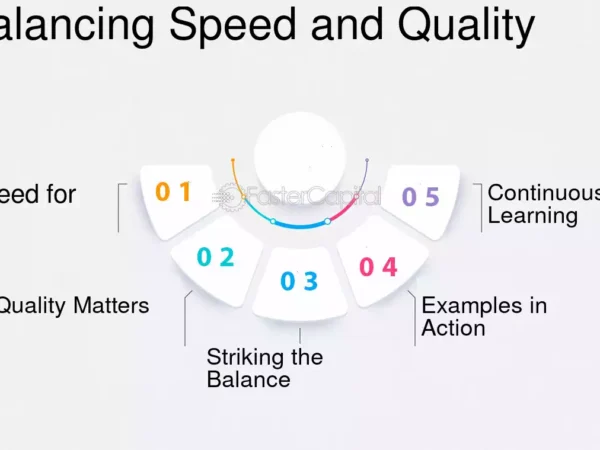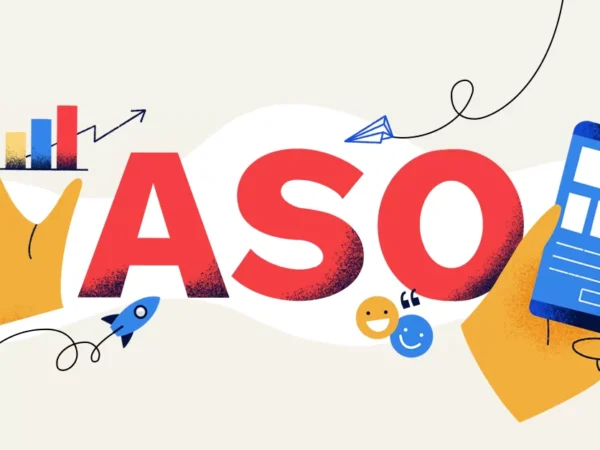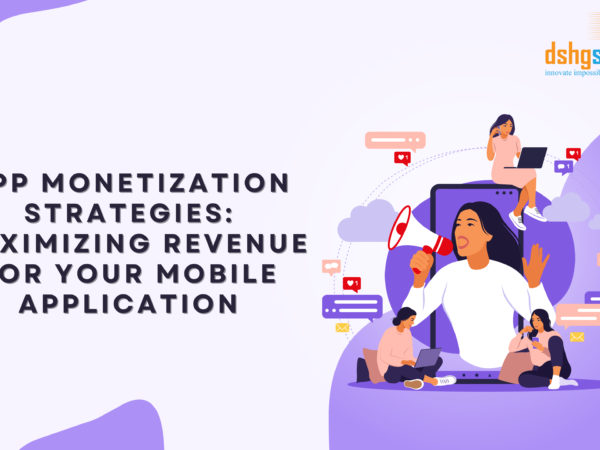Staying ahead of the competition is a constant challenge in the business world. Startups and established enterprises must continually search for innovative solutions to help them rise above their rivals. One effective strategy that has emerged in recent years is the concept of Minimum Viable Products (MVPs). An MVP is a stripped-down version of a product that allows businesses to test their ideas quickly and inexpensively. Unfortunately, creating an MVP can be a complex process requiring skills and resources many companies don’t possess. This is where partnering with a dedicated development team can prove invaluable. With their extensive knowledge and experience, they can help you achieve your goals more efficiently and effectively.
This article will explore the benefits of collaborating with a development team to achieve MVP success.
Table of content
- Technical Expertise and Experience
- Faster Time to Market
- Scalability and Flexibility
- Cost Efficiency
- Access to a Dedicated Team
- Focus on Core Competencies
- Ongoing Support and Maintenance
- Mitigation of Risks
1. Technical Expertise and Experience
Developing a successful MVP involves navigating various technical challenges. By partnering with an experienced development team, you gain access to diverse technical expertise. These professionals have extensive knowledge of different programming languages, frameworks, and platforms, enabling them to select the most suitable technology stack for your MVP. Their experience building previous products ensures efficient development processes, optimized coding practices, and adherence to industry standards. This expertise significantly reduces the risk of technical setbacks and ensures the successful execution of your MVP.
2. Faster Time to Market
Time is a critical factor in today’s competitive landscape. Partnering with a development team accelerates your MVP’s time to market. These teams are well-versed in agile development methodologies, allowing for rapid iteration and quick deployment. They follow streamlined development processes, breaking the project into manageable sprints, ensuring regular communication, and delivering incremental updates. With their expertise and efficient workflow, development teams can help you swiftly bring your MVP to market, gaining a competitive edge and validating your concept before your competitors.
3. Scalability and Flexibility
MVP development often requires scaling resources up or down depending on the project’s needs. A dedicated development team offers the flexibility to adjust the team size and composition to match your requirements at different stages of development. Whether you need to ramp up development during crucial phases or scale down after the initial launch, partnering with a development team allows you to adapt quickly to changing circumstances without the hassle of hiring or firing in-house staff. This scalability ensures optimal resource allocation and cost efficiency and maximizes your MVP’s potential for success.
4. Cost Efficiency
Cost is a significant consideration for any startup or business. While outsourcing development may seem initially costly, it can save you money in the long run. Partnering with a development team eliminates the need for hiring and training in-house developers, investing in infrastructure, and managing ongoing overhead costs. Development teams often work on a project basis, offering transparent pricing models and flexible payment options. This allows you to allocate your budget efficiently and optimize your expenses, focusing on other crucial aspects of your business, such as marketing and customer acquisition.
5. Access to a Dedicated Team
Building an MVP requires a multidisciplinary approach involving various roles, including developers, designers, quality assurance engineers, project managers, and more. Partnering with a development team grants you access to a dedicated and well-coordinated team with diverse skill sets. This team will work together seamlessly, ensuring efficient collaboration, communication, and synergy among team members. Their collective expertise enhances the overall quality of your MVP, fostering innovation and creativity and reducing the likelihood of errors or miscommunications.
6. Focus on Core Competencies
Partnering with a development team allows you to focus on your core competencies and strategic objectives while leaving the technical implementation to the experts. Instead of diverting your attention and resources towards managing an in-house development team, you can concentrate on refining your product vision, market strategy, and user experience. This allows you to make informed decisions, address market feedback, and iterate your MVP based on real-world data. By delegating development responsibilities to a dedicated team, you can align your
7. Ongoing Support and Maintenance
After the MVP is launched, a development team can provide ongoing support and maintenance services. They can handle updates, bug fixes, and feature enhancements, ensuring that your product remains functional and up-to-date. This allows you to focus on growing your user base and scaling your business.
8. Mitigation of Risks
Developing an MVP involves inherent risks, such as technical challenges, budget constraints, and market uncertainties. Partnering with a development team mitigates these risks by leveraging their expertise and experience. They can provide valuable insights, advice, and risk mitigation strategies based on their past projects, reducing the chances of failure.
In conclusion
Partnering with a development team for MVP success is often necessary for businesses to bring their product quickly and smoothly to market. While there can be significant time and cost investment required, the ultimate benefit of partnering with an experienced team of professionals ensures that all the necessary steps are taken to create a successful MVP that is able to be further developed later. It allows businesses to get their ideas into the hands of early adopters in an efficient manner, potentially securing crucial resources in the long run.









